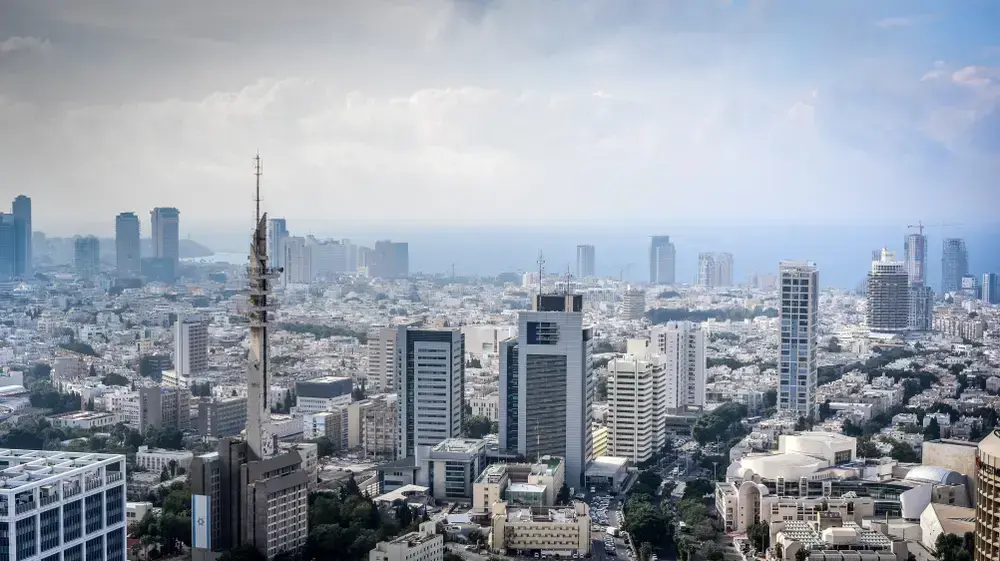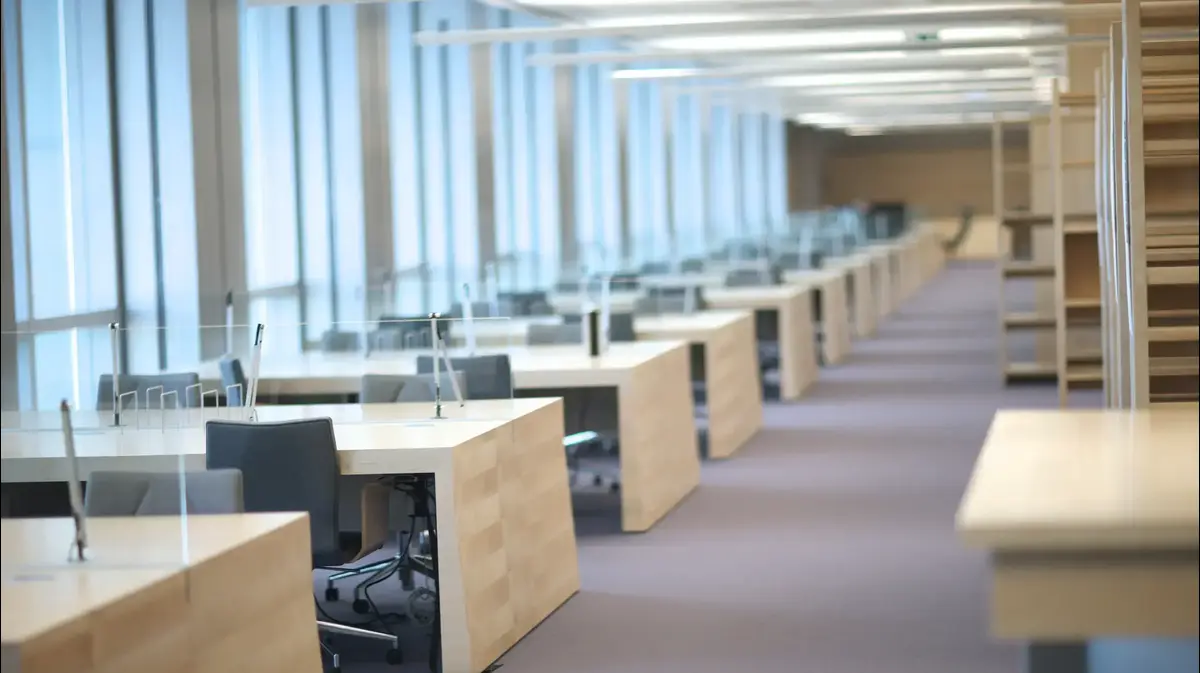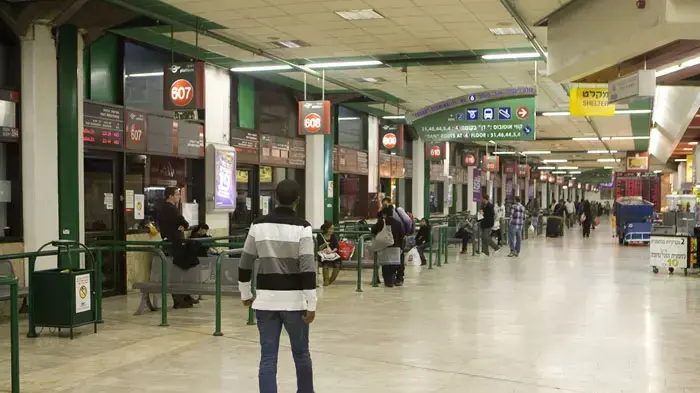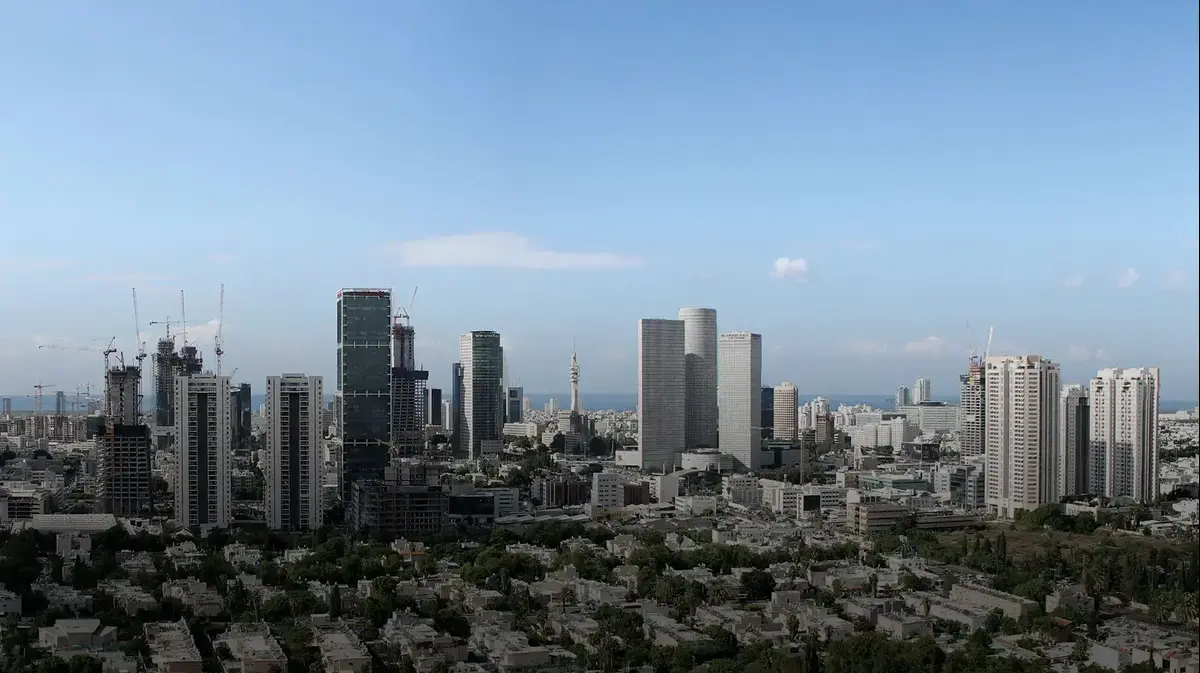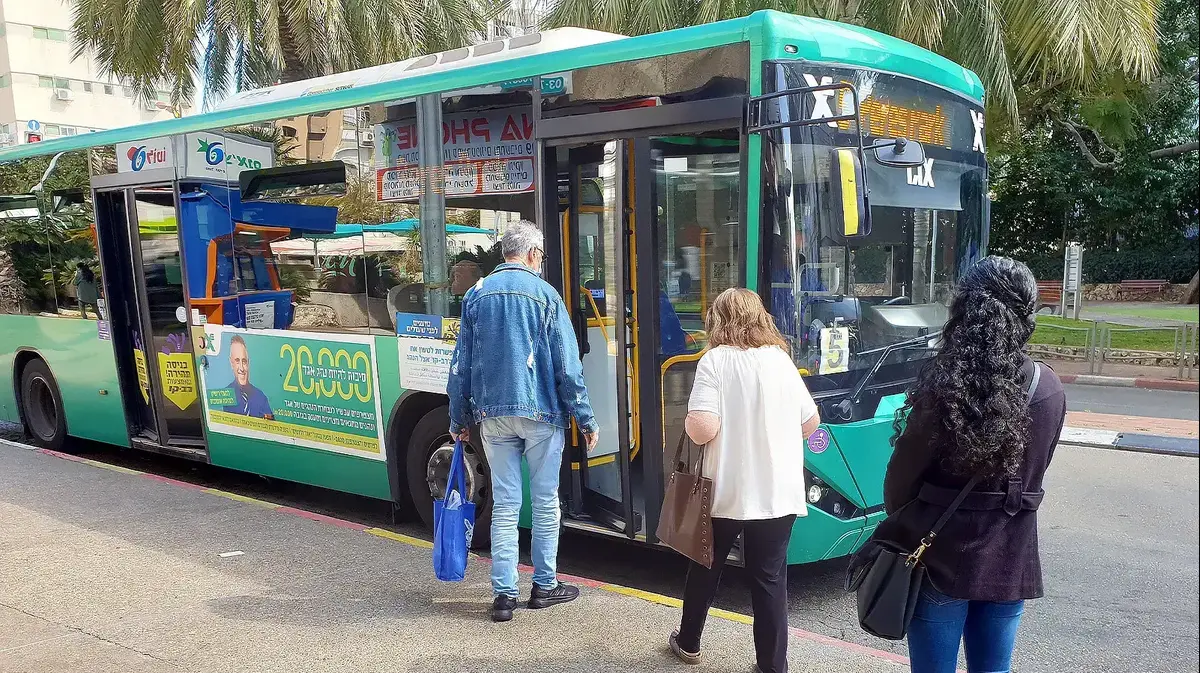Enlarge image
Bathers in Tel Aviv: After all, the sun and the sea are still free
Photo: Oded Balilty / AP
Last week's news didn't really surprise anyone who lives here: Tel Aviv has just been named the most expensive city in the world.
Even before Paris, Singapore, Zurich and Hong Kong.
No wonder, for years the Mediterranean metropolis has been becoming more and more unaffordable for many of its long-established residents.
Whether electricity, gasoline, food, clothing or leisure, everything costs many times more than in Germany, for example.
The reasons? In the food sector, for example, they are clearly recognizable: First of all, there are a few corporations that divide the monopoly in manufacturing and production among themselves and determine the prices. In addition, there are two large supermarket chains that own more than 50 percent of the market and thus increase the costs for the end consumer as they see fit. In addition, there are high wages, but above all high customs duties for goods from abroad.
As early as 2011, a so-called »social revolution« started in Tel Aviv when a young Israeli woman camped with a tent in the middle of Rothschild Boulevard in protest that she could not find an affordable apartment. Soon more and more people followed her. The boulevard, which roughly corresponds to Ku'damm in Berlin or Leopoldstrasse in Munich, was soon overcrowded with thousands of tents. Although it was initially about rental prices, this protest was soon dubbed the “cottage cheese revolution”, as many Israelis living in Berlin posted price comparisons between the German capital and Tel Aviv and made it clear that even a cheap dairy product like the grainy cream cheese was in the Mediterranean city of Israel is completely overpriced.
The then Prime Minister Benjamin Netanyahu quickly set up a commission to investigate the situation. What politicians do when they don't know what to do or aren't really interested in the problems of the population. Netanyahu was known for its neoliberal economic policies. Today, exactly ten years later, prices have continued to explode, especially in the housing market.
Unlike in Germany, there are no fixed rental prices, comparative rents or the like. The market is brutal. Whoever offers more wins. Most Israelis therefore try to buy an apartment at a young age and gradually pay it off. But in the second quarter of 2021, an average four-room apartment in Tel Aviv was already costing at least 1.3 million euros. A sum that most people can never afford, given their low salaries compared to Germany. But prices are rising and rising, especially in the luxury sector, which is constantly expanding, as new construction projects in the city primarily want to serve a wealthy clientele. A penthouse in Tel Aviv recently sold for more than $ 40 million. That was hardly worth a headlineone has got used to such absurd sums of money. But who can afford it?
more on the subject
"Economist" ranking: These are the most expensive cities in the world
In 2014, more than 67 percent of the assets in Israel belonged to just ten percent of Israeli society.
The trend is steadily increasing.
These "super rich" now hold 35 percent of the housing market in Tel Aviv in their hands.
Buying and selling real estate is a profitable asset increase.
Anyone who cannot buy, but has to rent, faces the problem of having to move every two or three years.
There are no long-term rental contracts like in Germany.
You want to sell your own property or radically increase the rent, so you swap tenants.
Nowhere else does venture capital find such ideal conditions as here
Yet more and more people want to go to the city, which is so incredibly attractive.
It's not just the beautiful weather, the beach, the international flair and the “vibes” that attracts people, but the fact that Tel Aviv is the center of the world's second largest high-tech hub after Silicon Valley, known as “Silicon Wadi”.
Nowhere else does venture capital find such ideal conditions as it does here, something that all Israeli governments have ensured for many years.
Therefore, more and more money flows into the country, more and more prosperity from outside is pushing into the market and further increasing prices.
Many Russian oligarchs are also participating, as are wealthy Jews from other European countries, currently in particular from France, who, due to the growing anti-Semitism in their home country, want to have property in Israel - just in case.
Those who are also further fueling the market include the young Israeli high-tech entrepreneurs themselves who send their start-ups to large international companies such as Google, Apple, Microsoft and others with so-called "exits" for hundreds of millions and sometimes billions Selling. This industry in particular is independent of the corona pandemic, so that Israeli high-tech business can always climb to new heights. In 2020 alone, exits increased by 55 percent over the previous year to 15.4 billion US dollars, and 19 Israeli tech companies went public this year.
The consequences of this development are clear for a city like Tel Aviv. This clientele wants to be served accordingly. New first-class restaurants are opening up in Tel Aviv at exorbitant prices, and new exclusive hotels are always attracting international guests. It's no wonder that “The Norman” was named the best boutique hotel in the world in 2015. It is located in two renovated buildings from the 1920s, just a few steps from Rothschild Boulevard.
But as if all of that wasn't enough, Tel Aviv is beginning to benefit from the so-called "Abraham Agreement" between Israel, the United Arab Emirates (UAE) and Bahrain.
Since the normalization agreement was signed a year ago, economic partnerships have been developing at lightning speed, joint ventures have been set up in many areas, and the Emirates want to invest around ten billion US dollars in a fund with around ten billion US dollars in the tech sector in the shortest possible time also biotech and greentech.
The Israeli shekel is getting stronger
And then there is the Israeli shekel. The currency is getting stronger. On the one hand, because Israel has survived the Covid pandemic well thanks to a fairly successful vaccination campaign, and on the other hand, because it will generate economic growth of around seven percent of GDP this year alone. For the ailing euro, this currently means an exchange rate of 3.5 NIS - lower than ever in past decades, the same applies to the US dollar at just 3.1.
That alone is driving the prices into immeasurable heights for many. Just a specific example. If you want to have lunch in an average beach café, you can easily leave just under 140 NIS for a main course with water and coffee plus a tip, which is around 40 euros! The Bank of Israel may soon have to take countermeasures, something that has been discussed for some time. But that is unlikely to break the overall trend, Tel Aviv is likely to "hold its own" in the top five of the most expensive cities for a long time to come.
And what do those who cannot afford all of this do? You can no longer even retreat to the once poorer districts such as Jaffo, Florentin or Keren Hateimanim. Because these are gradually gentrified, also a development that can be observed worldwide. Wealthy people discover these picturesque areas, shop, restore dilapidated buildings or build new ones in the style of the district. But with that the prices skyrocket, the flair of the district is lost, which is then somehow kept alive artificially. The new residents are satisfied.
So where should you go if you can't keep up financially?
People move to the outskirts or the suburbs of Tel Aviv.
Which are also becoming more and more expensive.
A hellish cycle that is known from all over the world.
After all, the sun and the sea are still free in Tel Aviv.
At least that. But the first "Hebrew city," the first real Zionist city founded in 1909, is gradually becoming a kind of Middle Eastern Singapore.
Even if not nearly as clean as the Far Eastern city-state.
The Mediterranean metropolis still has a lot to catch up on.


